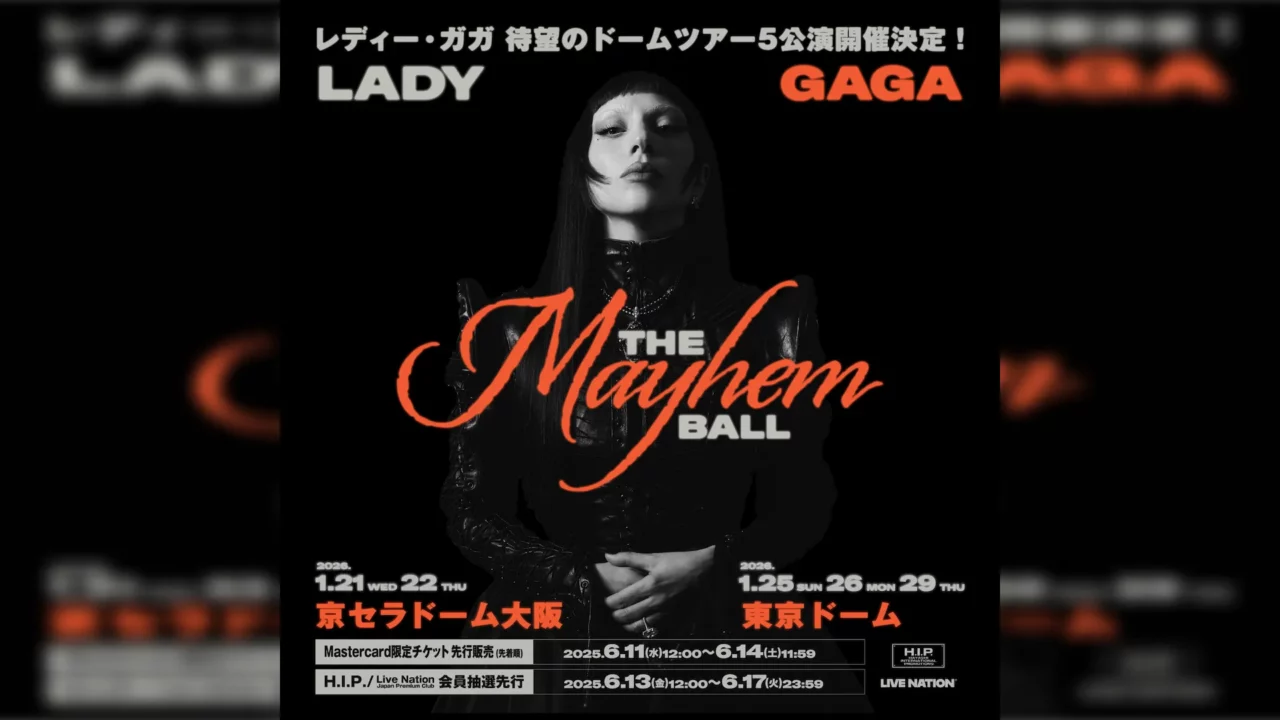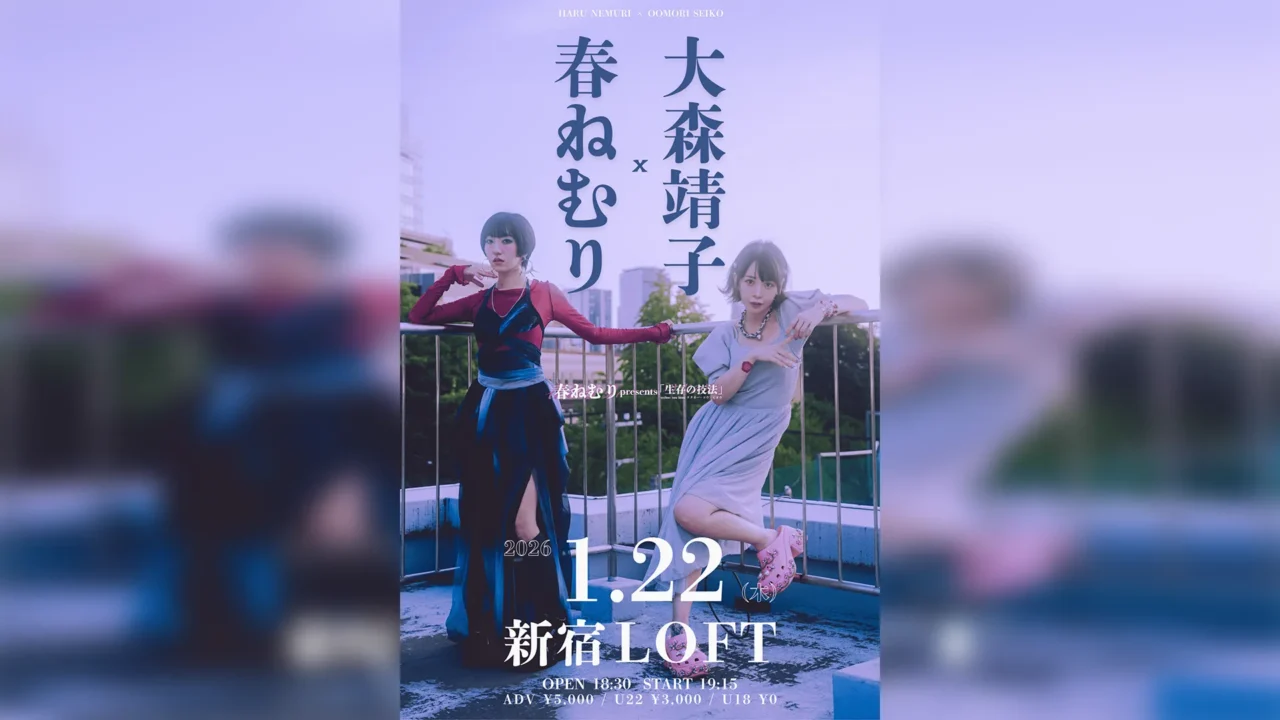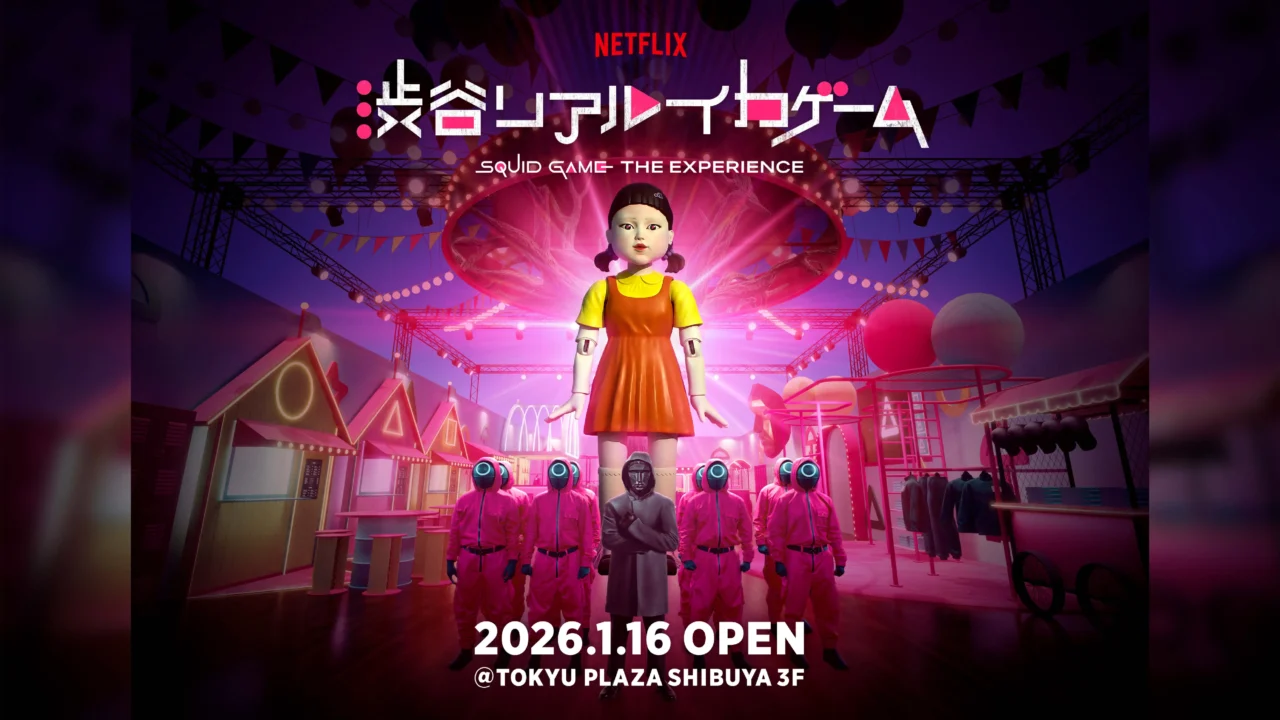“Aftersun,” a coming-of-age drama film about a summer holiday of a father and daughter in the late 1990s. Although the film evokes vivid nostalgia, it’s not just about that: it has a highly sharp texture.
Music director/critic Yuji Shibasaki points out the sound design and the well-controlled sound manipulation as the reason. Then, he discusses “Aftersun” for the second round of his article series to examine pop music in film, “The Music Selection Creates the Film.”
Note: the following content contains spoilers.
INDEX
The director’s autobiographical “film of memory”
The end of the 1990s. When I (Sophie, played by Frankie Corio, a new child actor) was 11 years old, I spent a vacation with my father (Calum, played by Paul Mescall), who usually lives apart from us. The sights, smells, temperature, wind, and feel of the water in that summer…
Aftersun,” the autobiographical feature debut of new director Charlotte Wells, born in Scotland in 1987, evokes memories of a special season that we all hold deep in our hearts and minds, and brings us back to that time of the year. and let us encounter the air of that season once again.
The film begins with the sound of a miniDV camera (which will inevitably evoke a strong sense of nostalgia in viewers in their 30s or older). After a while, what appears on the screen is the usual family banter that one would expect to see on a home video.
Then, in a cut that replaces the stop motion of the home video, we see Sophie standing there 20 years later, having grown from 11 to 31 years old. On the floor of a club, in the flickering light of an intense flash. The film vividly tells us that this is a “film of memory,” as recalled by a former girl who is now 31 years old, the same age as her father was then.
INDEX
Portraying the past with a touch of the present
Why do we feel an intense sadness when we recall “that summer”? That summer” is always more sad and ephemeral than “this summer. The sadness and fragility are sometimes sharp and painful to the touch.
The “that summer” depicted in “Aftersun” captures the passage of time, the transformation of memory, and the nostalgia it evokes in a very skillful way. Nostalgia is often thought of as an alluring allure that invites us to a sweet feeling, or even escape. The nostalgia evoked by this film, however, is sharp as a knife, and therefore has a very tangible force.

This feeling is achieved more effectively, I feel, by the fact that the film’s images do not attempt to represent the past “as if” it were easy.
Reflecting on his work with cinematographer Gregory Oak, Wells said, “For me, the image is always the starting point.
For me, the image is always the starting point. The slightest visual choice and observation can bring rich emotion to a film, so I began by gathering family vacation photos with specific images of the sea, sun, and sky. I wanted to reproduce high-contrast, vivid images. The rich colors really bring a sense of “now” to the film, and I liked the contrast with the idea of a film about the “past. The scene with the adult Sophie is in the present, so the colorist suggested a more contemporary feel, and it was fun to discover these nuances.
–From the press release

© Turkish Riviera Run Club Limited, British Broadcasting Corporation, The British Film Institute & Tango 2022
The actual film shows that the director’s intentions are brilliantly executed through the use of 35mm film (without going into too much detail, this analog cinematography, contrary to popular belief, can evoke the “now” rather more intensely than digital cinematography), editing, and subtle manipulation of the color correction. The director’s aim is brilliantly effective through the subtle manipulations of editing and color correction.
The “past” in the film is liberated from the “imitation of the past” and connected to the present as a vivid experience that is felt in the subjective view of the protagonist, Sophie (or the audience), who is the recollectionist.























